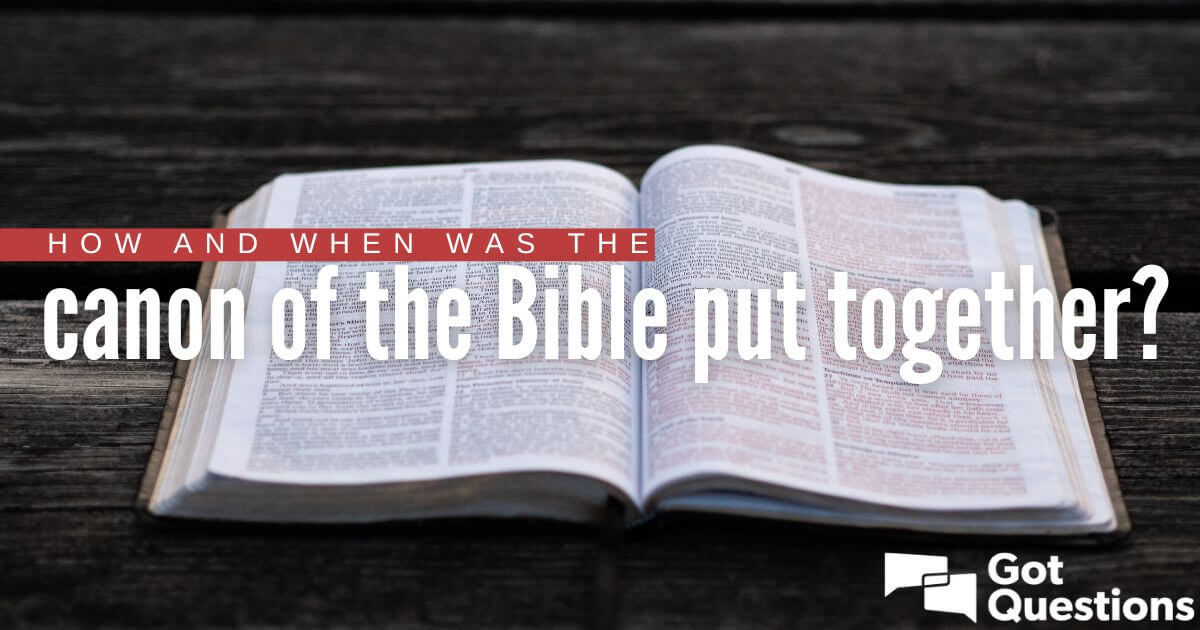Matthew 5:11-12: "Blessed are you when others revile you and persecute you and utter all kinds of evil against you falsely on my account. Rejoice and be glad, for your reward is great in heaven, for so they persecuted the prophets who were before you."
John 15:18-21: "If the world hates you, be aware that it hated me before it hated you. If you belonged to the world, the world would love you as its own. Because you do not belong to the world, but I have chosen you out of the world, therefore the world hates you."
Carl in Michigan , the uneducated need to better understand Lent--unless, of course, the purpose is to spread vitriol towards the Catholic faith. It was Jewish practice to use sackcloth and ashes during periods of fasting and repentance. Pagans did not use ashes. Catholics retain, from their Jewish roots the symbol of using ashes as a sign of repentance.
Question: Does your denomination forbid any/all depictions of the cross based on the fact that even before Jesus' crucifixion, pagans first used the cross as a symbol as life centered around the god, Atens?
Jesus fasted for forty days in the
desert, where he was tempted, just as we are tempted.
- The first level, stones, which can look like loaves of bread, represent the essentials we need on earth, that we can overdo (too much bread).
- The second level of temptation is to crave the power and lordship to rule over all the earth.
- The third level of temptation is that temptation for all to "look at me!" (notice and popularity).
Therefore, the Catholic 40 days includes fasting (cutting back on essentials); giving up/letting go of material things to serve others, not gain for ourselves. Alms giving is one example of this. The second is to take our eyes off ourselves and what we do to focus on God and what he has done (strengthening our prayer life and our relationship with God).
Catholics are disciples of Christ--i.e., followers of Christ and the Way he lived and taught.
In the cross, Catholics observe both justice and mercy, lest mercy is seen as a mockery of justice. The world sinned, and justice was required. In His mercy, God took justice upon Himself so that mercy could shower down upon His creation. Note that God's grace (giving of Himself to us) came first. Grace gives rise to love which gives rise to repentance. What we see in God's actions towards us is that His mercy (taking on the cross) came first, burst down upon us, to give rise to our love of God and of our repentance.
One interesting thing I notice from those who criticize Catholics: It is always about what Catholics
do. I often wonder if this is about criticizing others for what they do, or is it more about excusing themselves for what they
don't do. What say you?



